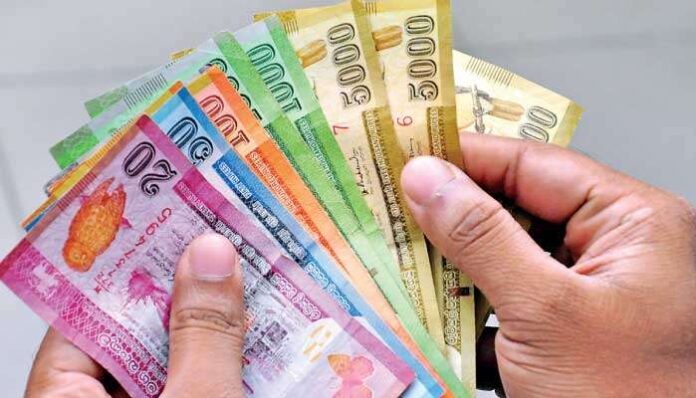March 12, Colombo (LNW): In a recent media statement, the Sri Lanka Banks’ Association (SLBA) representing all licensed banks, including state banks, public listed companies, and branch offices of international banks, emphasised that the suspension of parate execution would not safeguard mortgaged assets of defaulters.
This is because banks would continue to pursue mortgage actions through legal channels.
The SLBA clarified that the mortgage action process involves presenting individual cases to bank boards of directors and publishing notices in the media.
It cannot be unilaterally implemented by bank officers.
Parate execution, one option available to banks in debt recovery, helps mitigate delays in the process.
However, it is utilised as a last resort before resorting to legal action, until laws are amended to incorporate the proposed suspension approved by the Cabinet.
Highlighting the parate rights of banks as a crucial legal remedy for debt recovery, the SLBA emphasised its necessity when borrowers fail to cooperate in developing feasible debt repayment plans.
Continuing unsustainable businesses is not viable, it noted, especially considering the interests of bank depositors.
Expressing concern over state intervention in debt recovery laws without consulting banks, the SLBA warned of increased borrowing costs for all borrowers due to government decisions.
It argued that unilateral interventions weaken banks’ ability to support economic revival.
Key Issues Raised:
- Some defaulters seek amendments to existing debt recovery laws.
- Good borrowers may face funding constraints as banks become cautious.
- Borrowing costs may rise due to added risk premiums.
- Banking sector efforts to support economic revival could be hampered.
- Inability to recover funds risks public deposits.
- Banks have already absorbed costs to support borrowers during recent crises.
Warning on Project Interruptions:
The SLBA cautioned that suspending parate action could disrupt ongoing projects with international donor agencies such as the IMF, World Bank Group, ADB, and the Central Bank.
These agencies collaborate with banks to resolve distressed debts and rehabilitate borrowers, preserving residual business assets.
The SLBA urged policymakers to base decisions on data and national economic interests rather than the lobbying of a small group of defaulters.

